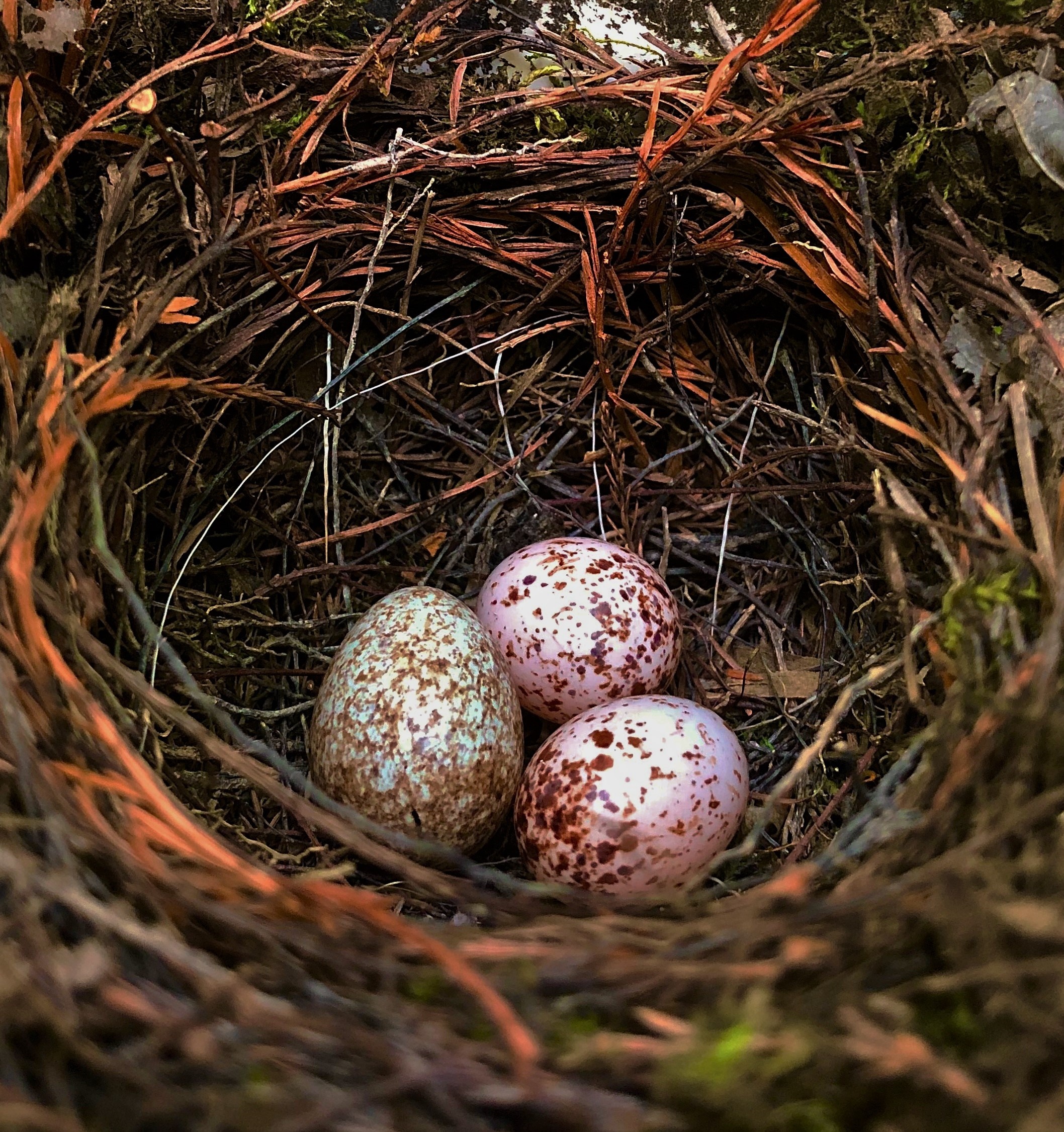Mark Hauber

In Search of Neuroendocrine Mechanisms of Host-Parasite Interactions
Parental care, from humans to honeybees, is ubiquitous but it is also costly. Some birds avoid these costs of parenting by engaging in obligate brood parasitism: they lay their eggs in other species’ nests. In turn, many (but not all) hosts reject the odd egg. This represents an evolutionary conundrum: rejecting the parasite’s egg should always be more adaptive than accepting it, but rejecting one’s own egg erroneously can also be too detrimental. Professor Hauber aims to formalize and begin to test the hypothesis that the contrasting needs of a parent bird having to incubate its own eggs, while also rejecting parasitic eggs, are mediated by opposing hormonal mechanisms already involved in aggression and parental care. As part of this project, Professor Hauber plans to construct a testable theory of the endocrine bases of host defenses against avian brood parasitism. In turn, he will assess experimental field data (collected by his lab) and comparative patterns (using a literature review) to evaluate directional predictions of the model. The project will have broad implications for behavioral ecologists studying coevolutionary arms-races as well as for comparative psychologists interested in concepts of self vs. non-self-discrimination.
